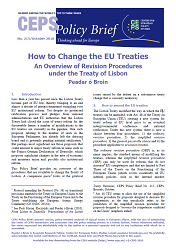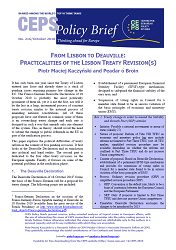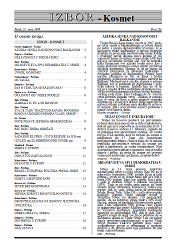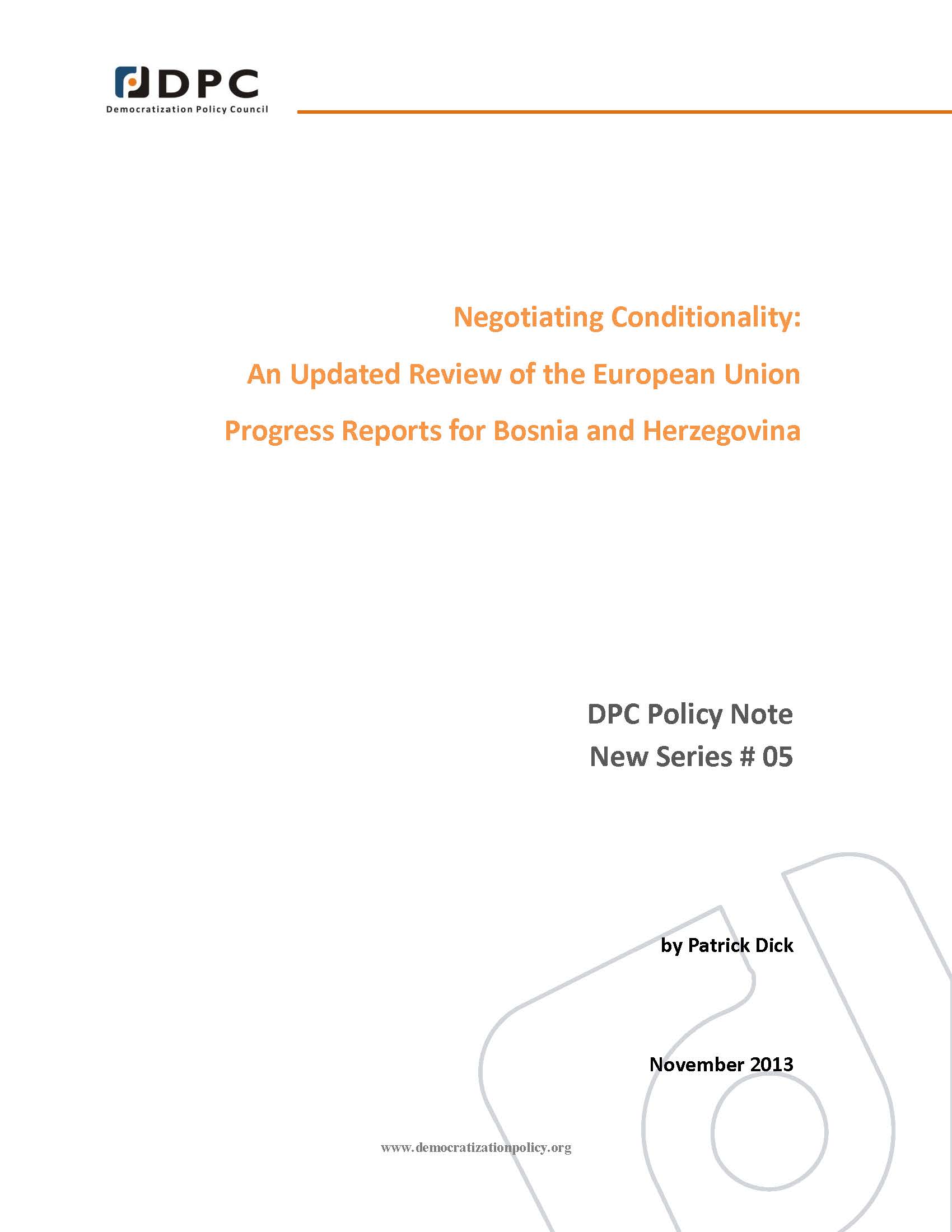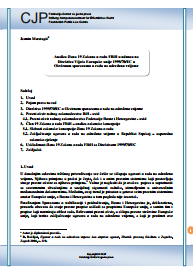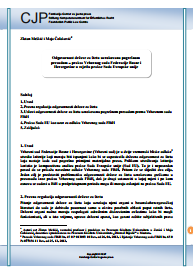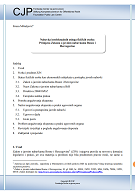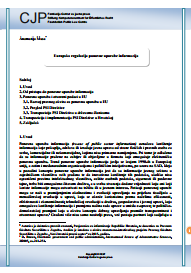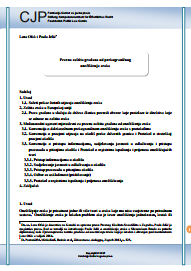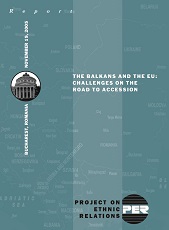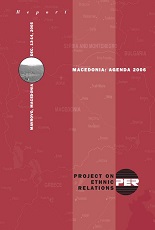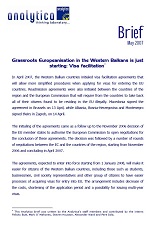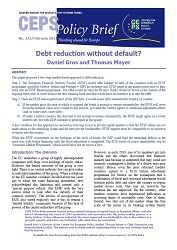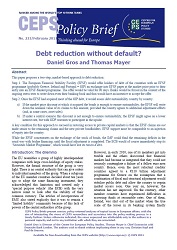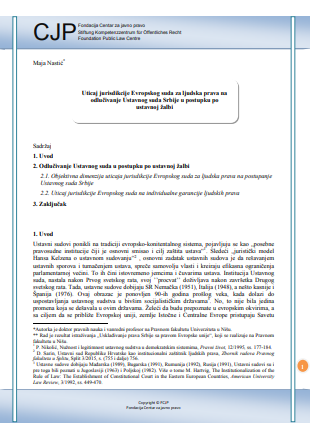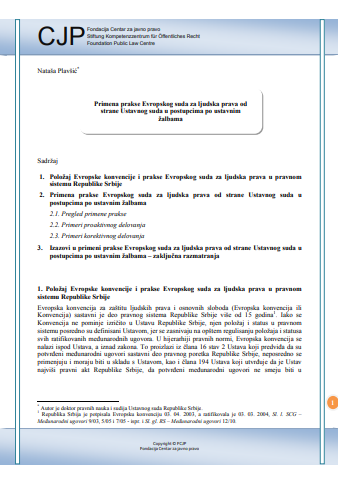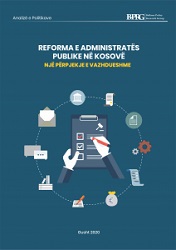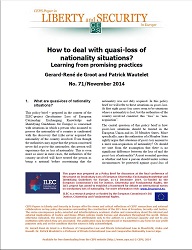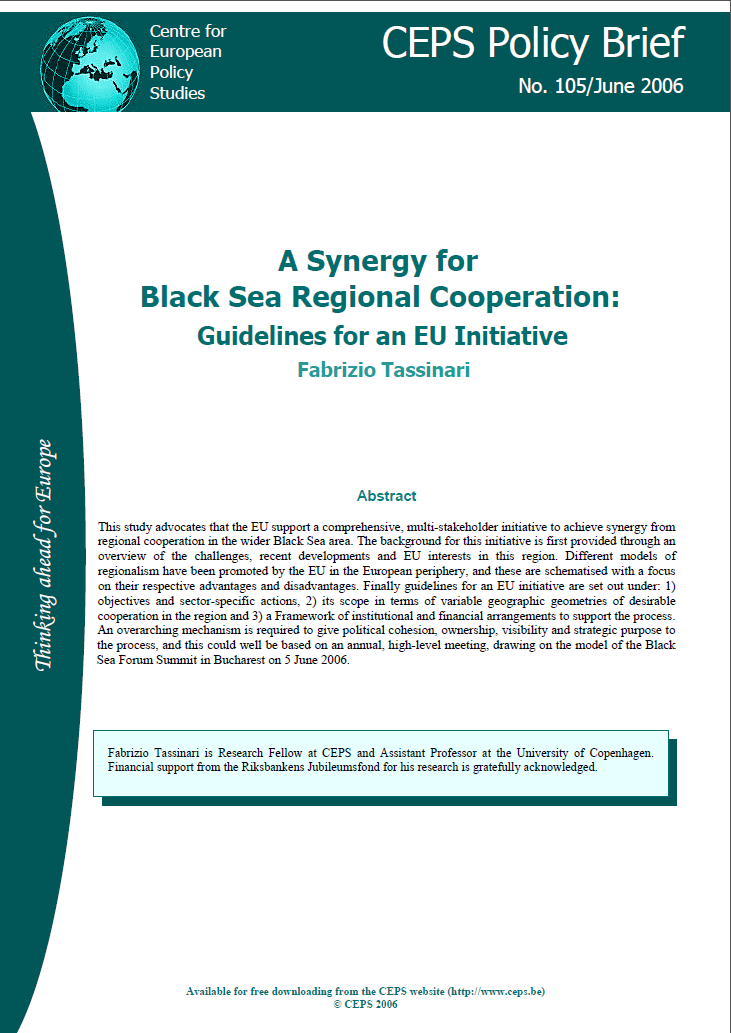
№105. A Synergy for Black Sea Regional Cooperation:
This study advocates that the EU support a comprehensive, multi-stakeholder initiative to achieve synergy from regional cooperation in the wider Black Sea area. The background for this initiative is first provided through an overview of the challenges, recent developments and EU interests in this region. Different models of regionalism have been promoted by the EU in the European periphery, and these are schematised with a focus on their respective advantages and disadvantages. Finally guidelines for an EU initiative are set out under: 1) objectives and sector-specific actions, 2) its scope in terms of variable geographic geometries of desirable cooperation in the region and 3) a Framework of institutional and financial arrangements to support the process. An overarching mechanism is required to give political cohesion, ownership, visibility and strategic purpose to the process, and this could well be based on an annual, high-level meeting, drawing on the model of the Black Sea Forum Summit in Bucharest on 5 June 2006.
More...

